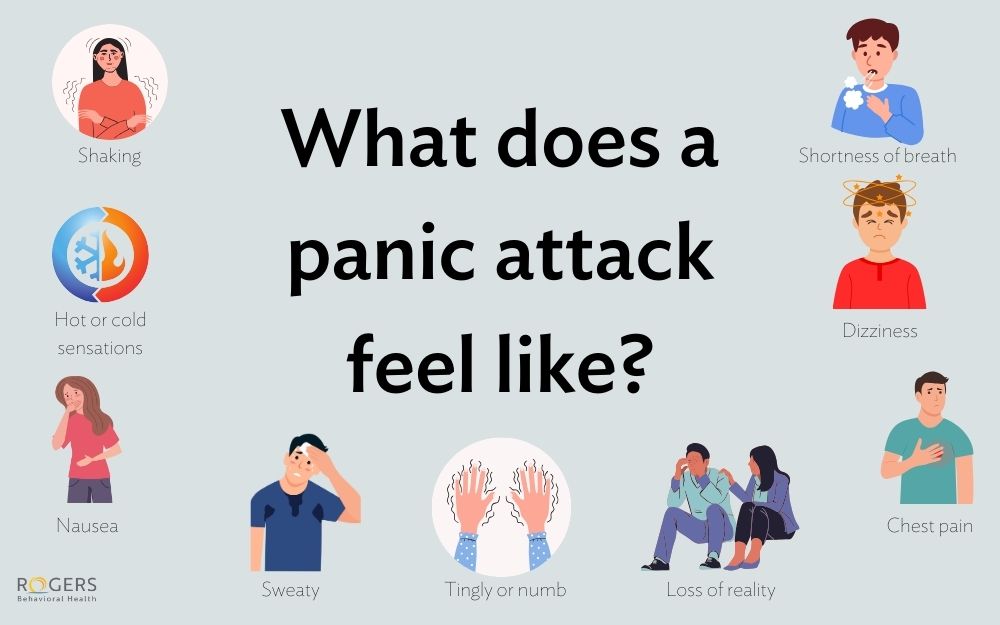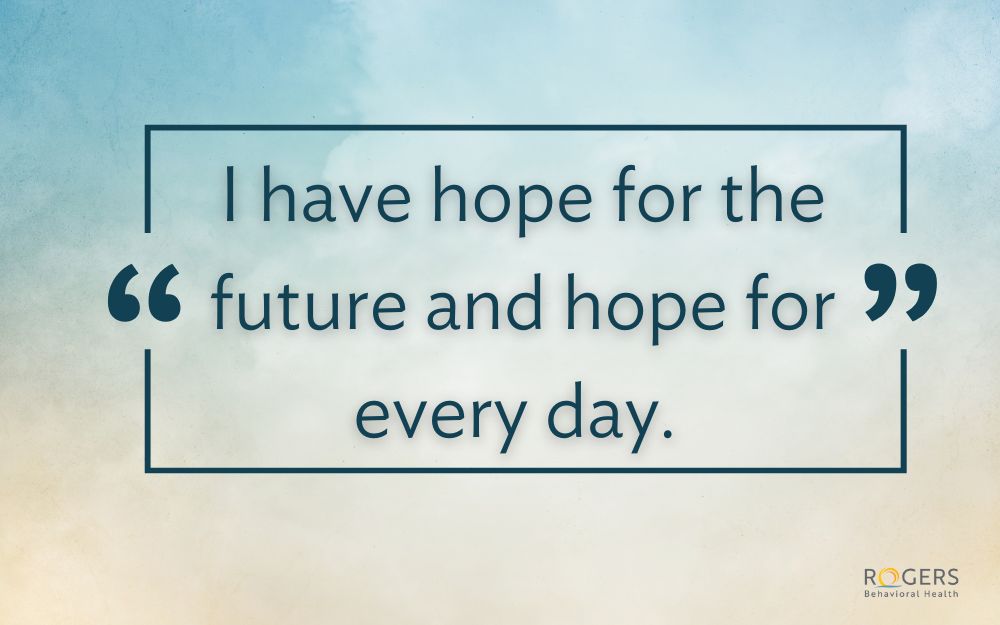Your Mental Health Story: To Share or Not to Share
Posted on 05/06/16 04:14:pm
When a teen breaks a bone, friends and family often ask for “the story” of how the bone broke, how long it will take to heal and may even ask to sign the cast. But when a child is challenged with a mental health difficulty, it can be tricky for him or her to decide whether to share their journey, when to share it or how to share it. Wisconsin’s Initiative for Stigma Elimination(link is external) (WISE) created a program—“ Honest, Open, Proud-High School(link is external)” (HOP-HS)—to proactively empower teens to make thoughtful decisions about disclosing their story(link is external).
“HOP-HS helps teens in grades 8-12 who have faced a mental health challenge, whether or not they have a formal diagnosis,” says Sue McKenzie, co-director of Rogers InHealth(link is external) . “In a series of five sessions lasting an hour each, teens practice skills for reversing their hurtful ‘self-talk’ and take a deep look at the costs and benefits(link is external) of talking to others in various settings such as work, school or with friends.”
Suzette Urbashich , co-director of Rogers InHealth, explains that not every child makes the decision to disclose. “But for situations where the teen does decide to share their challenges and strengths, the program helps prepare them to respond to unanticipated reactions,” she says. “One month after the initial sessions, the group re-convenes for a check-in session to see how things are going.”
Program facilitators are being trained across Wisconsin to implement HOP-HS, helping teens assess the story they tell themselves about their journey and to draft a version of their story to begin shaping and reshaping for various audiences. Key concepts explored in the training include the five levels of disclosure(link is external):
- Isolation: teens may separate themselves from friends and family, feeling that they are alone in their journey
- Secrecy: fearful of showing weakness, youth may develop a persona to disguise their pain or difficulty even to those closest to them
- Selective Disclosure: teens may chose “safe” or trusted people to share their struggles with, such as a parent, which can give a child the confidence to share their story with more people who can offer support or tell them they are not alone
- Indiscriminate Disclosure: a teen feels confident enough to discuss their mental health journey with people that may react negatively
- Full Disclosure: youth feel comfortable discussing their story with all people, not only to help themselves, but to help others
McKenzie explains that HOP-HS was adapted from an adult version(link is external) of the program, originally created by Patrick Corrigan, PsyD. “As WISE began using the program, we realized that a key age group was missing from the HOP suite of programs: youth,” she says. “So, WISE partnered with Corrigan to develop a version of the program that would be relevant to high schoolers.”
The evidence-based adult version of the program demonstrated a statistically significant reduction in stigmatizing attitudes about self and others with mental illness, a decrease in depressive symptoms and anxiety about disclosure, as well as an increased willingness to seek help. “Sharing one’s story isn’t a simple decision. It requires careful thought and support,” says Urbashich. “HOP-HS guides youth to develop the strategic disclosure skills they need to make the daily decisions of if, what and to whom to disclose.”
According to McKenzie, there are plans to enhance the program in the future. “We hope to increase the number of trained HOP facilitators throughout the state, conduct randomized controlled trial research, collect data and share the program nationally and internationally,” she says. “To increase involvement and awareness about the program, Suzette and I have begun presenting at state-wide and out-of-state conferences. This March, we attended the 29th Annual Research and Policy Conference on Child, Adolescent, and Young Adult Behavioral Health(link is external) in Tampa, FL, to share the program on a national level—which was very exciting.”
On May 25, 2016, a HOP-HS facilitator training session will be held in Oconomowoc, WI. To find a HOP program facilitator in your area or to be trained as a facilitator, contact wise@wisewisconsin.org(link sends e-mail).
Topics
Share this article:



